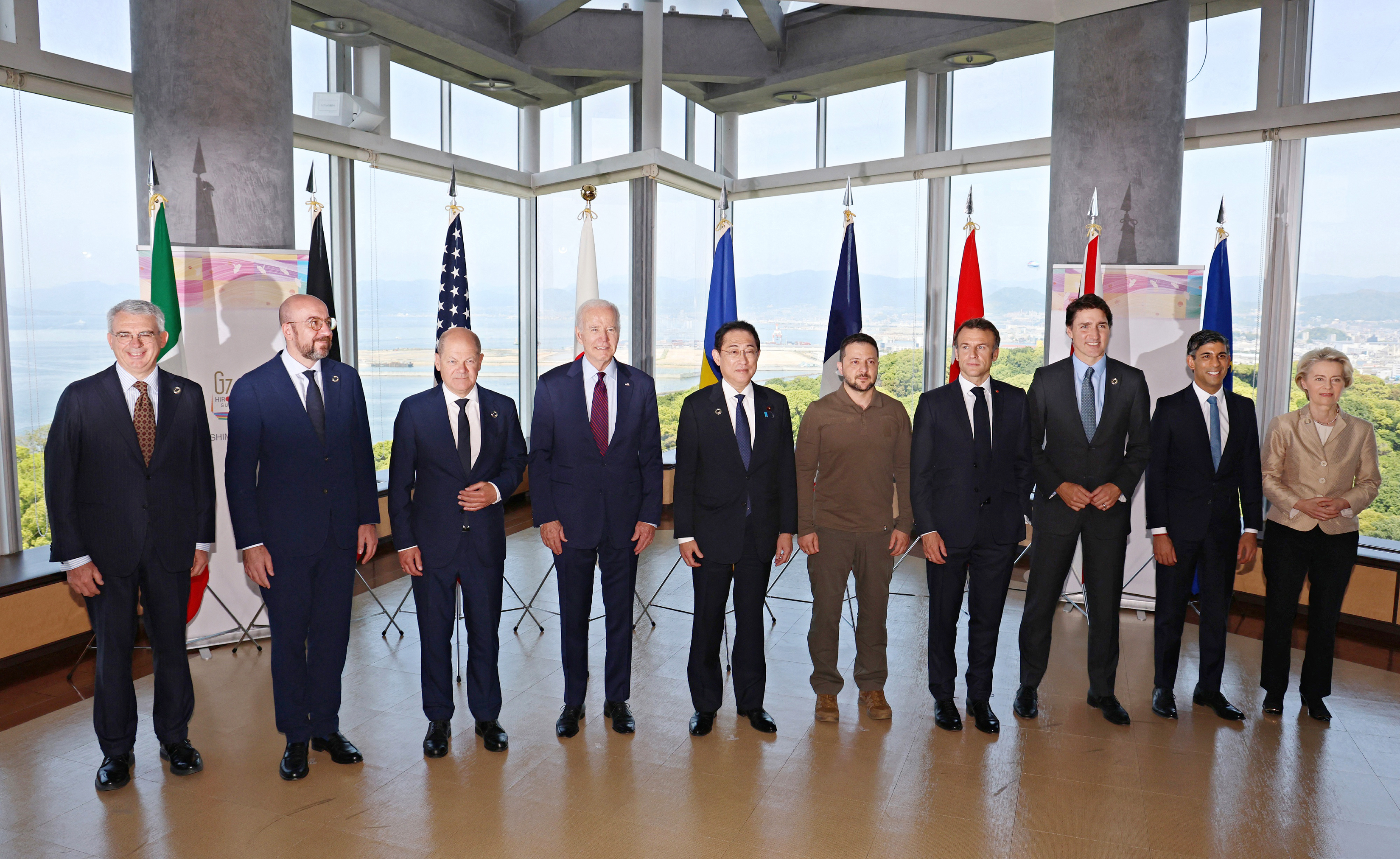
"Upon more deeply analyzing the differences between multipolar and Western-centric organizations, it becomes clearer that their diametrically opposed worldviews are responsible for their defining features," Korybko points out. "Multipolar organizations respect the principles promulgated in the UN Charter regarding the true equality of countries, while Western-centric ones are striving to build a so-called 'rules-based order' that's characterized by the US' hegemonic position atop the international hierarchy that it envisages," he wrote.
"With this in mind, it makes sense why BRICS focuses on accelerating financial multipolarity while the SCO concentrates on thwarting unconventional security threats. By contrast, the G7 is driven by the desire to retain the West's financial dominance while NATO continues creating state-level threats for others," he explains.
According to the analyst, "multipolar organizations are motivated by mutually beneficial outcomes that don't pose any threat to third-parties' legitimate interests, whereas Western-centric ones are motivated by zero-sum outcomes that threaten others' legitimate interests by their very nature." "This philosophical difference accounts for everything else that sets them apart from one another, which casual comparisons often overlook, hence the need for deeper analyses in order to appreciate multipolar organizations' competitive advantage," he adds.
